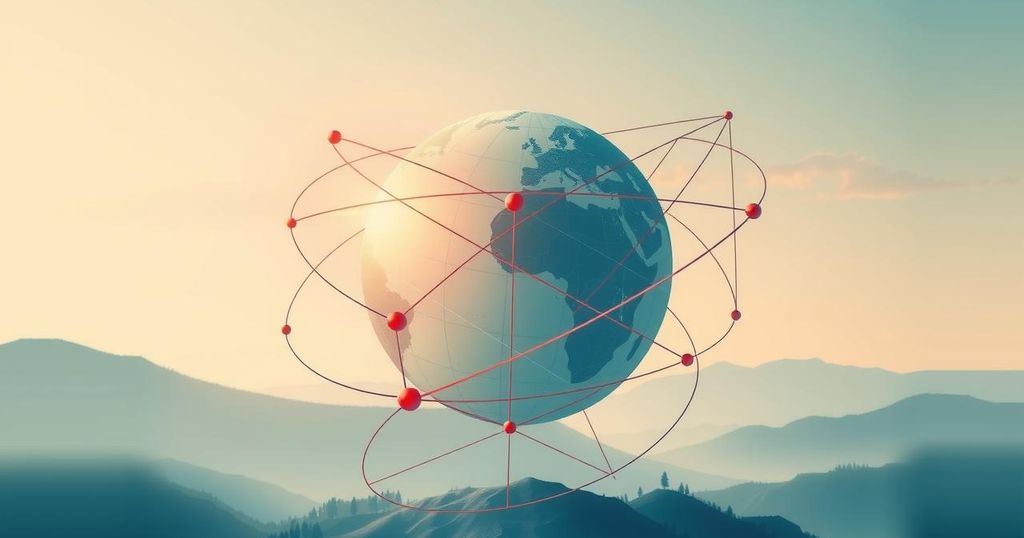The EU’s top leadership, led by Ursula von der Leyen, is visiting India to strengthen diplomatic and commercial ties while addressing challenges stemming from US relations. Talks with Prime Minister Modi will focus on trade, technology, and strategic partnerships, showcasing India’s significance as a key ally for Europe.
The European Union’s top leadership arrived in India for a historic visit aimed at fostering stronger commercial and diplomatic relations, particularly in light of strained ties with the United States. Led by EU chief Ursula von der Leyen, the delegation’s discussions with Indian Prime Minister Narendra Modi will focus on enhancing strategic partnerships and increasing trade during their two-day stay in New Delhi.
Upon her arrival, Ms. von der Leyen emphasized the importance of building trust among allies, characterizing India as a vital partner for Europe amid ongoing global conflicts. She aims to elevate the EU-India strategic partnership through discussions on various topics, including trade agreements and technological cooperation.
The agenda includes talks on reducing trade tariffs, accessing India’s expanding markets, and establishing resilient supply chains in response to China’s rising influence in the region. Ms. von der Leyen also visited Mahatma Gandhi’s memorial as a sign of respect before further meetings with Indian officials.
In an interview, she highlighted the need for collaboration in artificial intelligence, clean technologies, and sectors like electric vehicles. The newly appointed commissioners suggest that this historic visit marks a significant pivot towards strengthening ties with India and aligning efforts in diverse fields, including defense and agriculture.
India, the largest importer of EU goods, has long sought higher investments and streamlined migration paths for its skilled workforce, further underlining the potential of a robust India-EU partnership. Upcoming negotiations will aim to address contentious issues around agricultural and industrial tariffs, with a keen interest in mutual benefits for both regions.
As the EU strives to reshape its global partnerships post-U.S. election shifts, this visit signals a concerted effort to reinforce relationships with alternative partners such as India. The outcome may pave the way for future cooperation in trade, technology, and infrastructure development, resulting in a mutually beneficial arrangement for both parties.
In summary, the EU’s leadership visit to India underscores a significant enhancement of bilateral relations, focusing on trade agreements and strategic partnerships. Ursula von der Leyen’s engagement with Prime Minister Modi highlights the commitment to fostering economic ties amidst shifting global dynamics. This visit has the potential to reshape EU-India relations, offering new opportunities in various sectors and reflecting a shared vision for future collaboration.
Original Source: www.nbcrightnow.com




